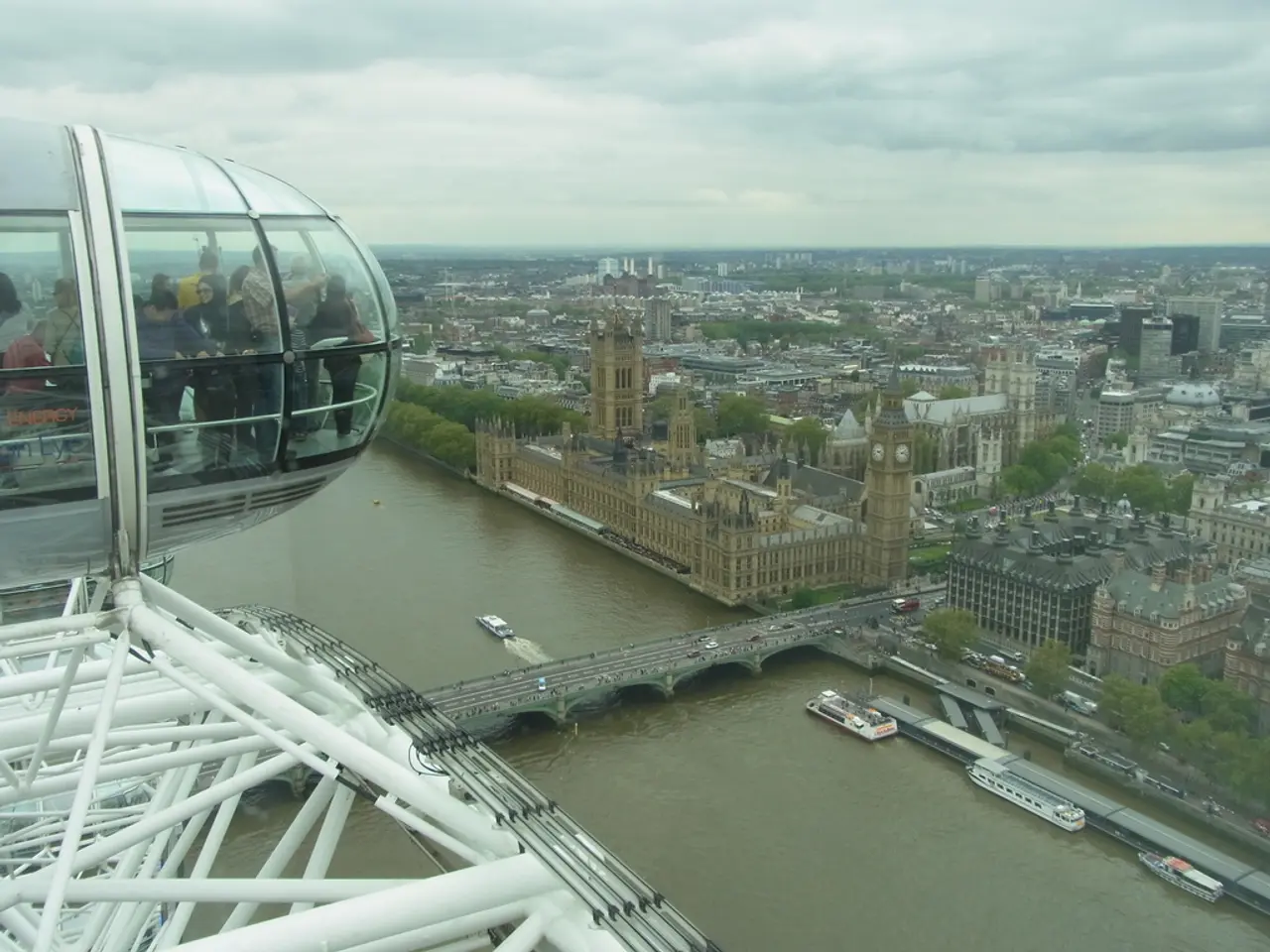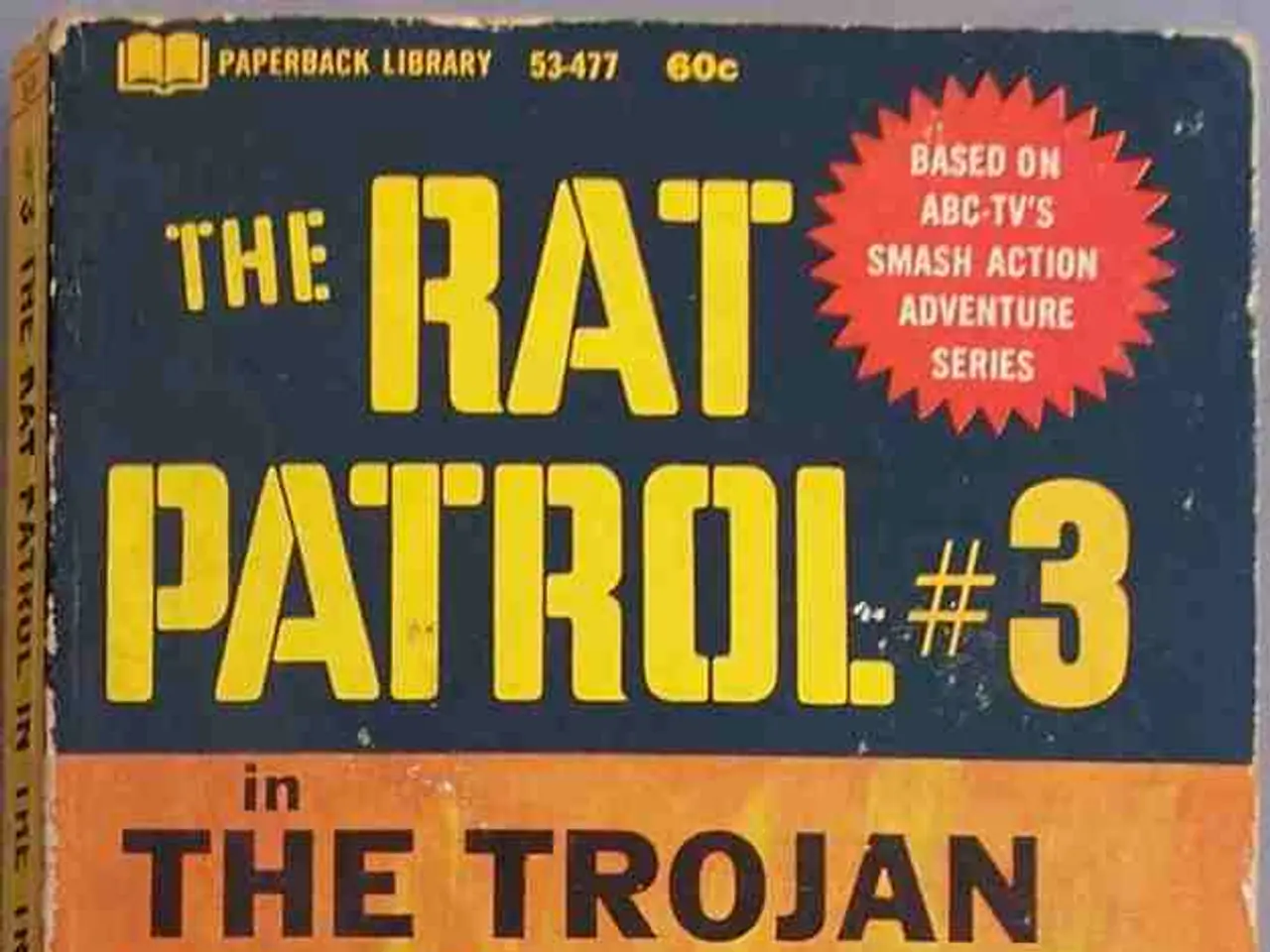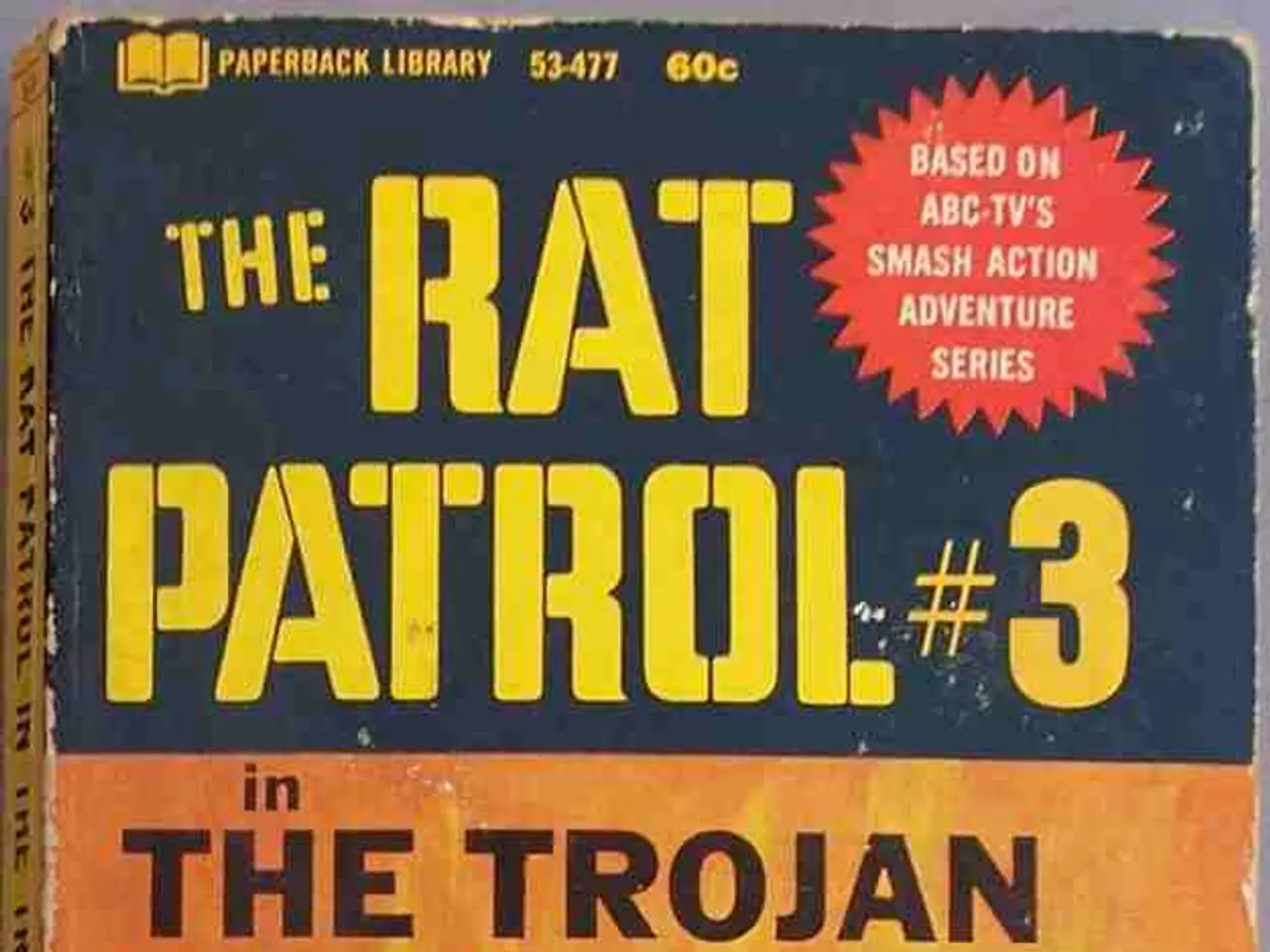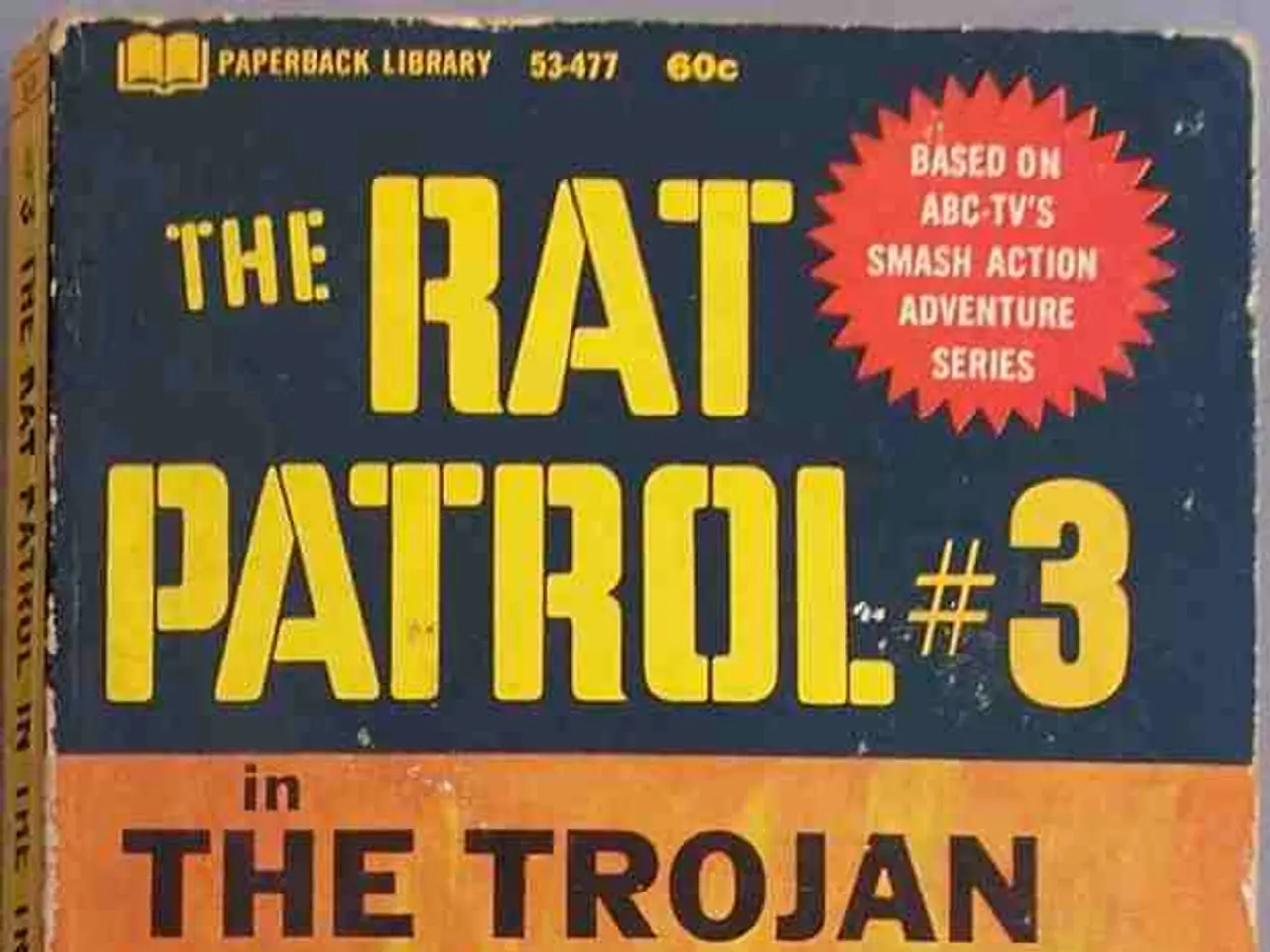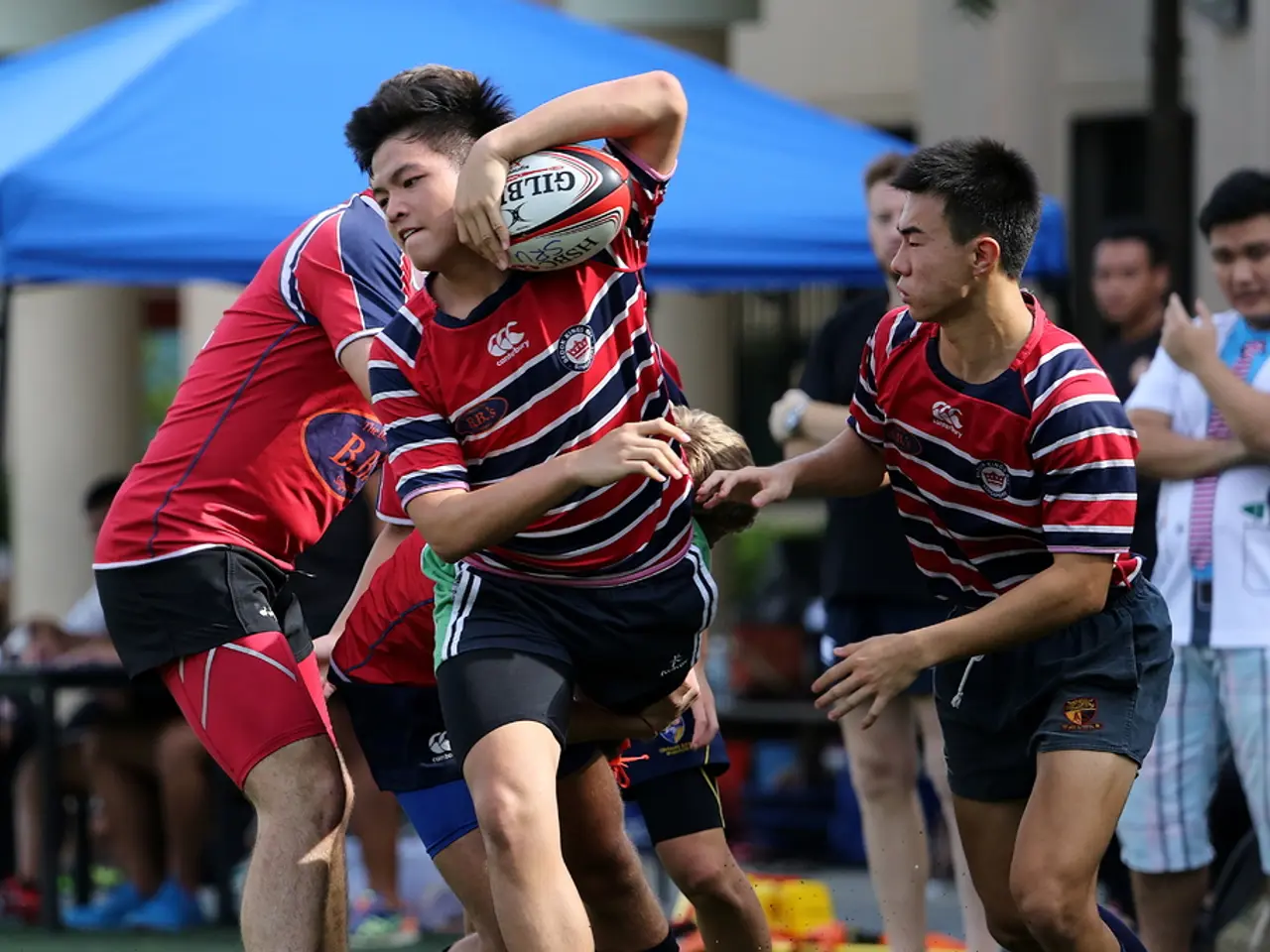Trump challenged and successfully terminated the appointmet of the US copyright chief
The legal status of Shira Perlmutter, the former Register of Copyrights, is currently under dispute, with the former US Copyright Office head's removal being challenged in a federal court filing. This case may set a precedent regarding the executive's control over the independent Copyright Office.
In May 2025, Perlmutter was removed from her position by officials who lacked Senate confirmation, leading to a lawsuit that highlights the legal uncertainty surrounding the authority of these officials to make such decisions. This removal contrasts with the 2016 transition, where Maria Pallante, the previous Register of Copyrights, was reassigned by the Librarian of Congress and subsequently resigned, maintaining continuity of leadership.
The removal of Perlmutter and the ensuing leadership ambiguity have created operational challenges and potential disruptions within the Copyright Office. Without clear leadership and with interim appointments by officials without Senate confirmation, the Office faces difficulties in serving creators and upholding copyright registration functions effectively. The ongoing lawsuit and internal confusion further complicate the Office's stability and governance, potentially affecting its effectiveness and independence.
In a recent filing, Perlmutter's legal team argued against the administration's claim to have the power to remove her from an office appointed by the Library of Congress. The Trump administration's justification for Perlmutter's removal employed a "novel constitutional theory" and "sweeping assertions of power."
Meanwhile, the US Copyright Office has released a report challenging the limits of the "fair use" defense used by AI companies to justify training their models on copyrighted material. The report argues that fair use does not cover the commercial use of large volumes of copyrighted works to generate expressive content that competes in existing markets.
This situation remains fluid, pending judicial decisions that may clarify the scope of executive authority over the Copyright Office’s leadership. The appeals court has already stated that robo-authors do not qualify for copyright, further complicating the ongoing debate.
References: [1] Perlmutter v. United States, Case No. 1:22-cv-00348 (D.D.C. filed May 11, 2022)
- The ongoing lawsuit involving Shira Perlmutter challenges the authority of officials to remove an independent Copyright Office head without Senate confirmation, potentially influencing policy-and-legislation and politics related to executive control.
- The legal uncertainty surrounding Perlmutter's removal, in contrast to her predecessor Maria Pallante's resignation, has led to operational challenges within the Copyright Office, affecting its ability to serve creators and uphold its registration functions effectively in the era of AI software and general news.

